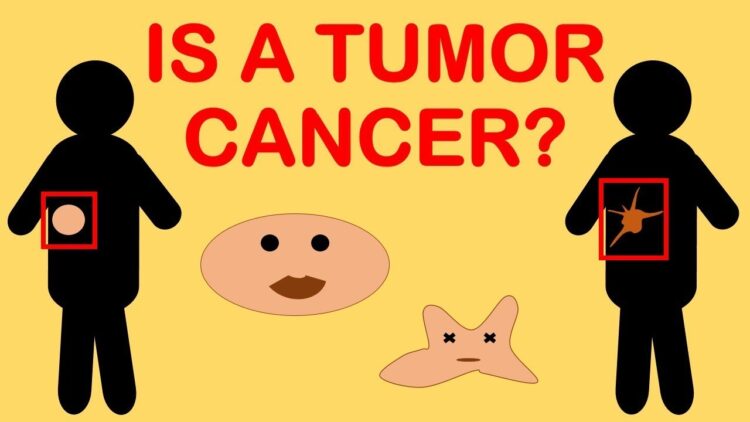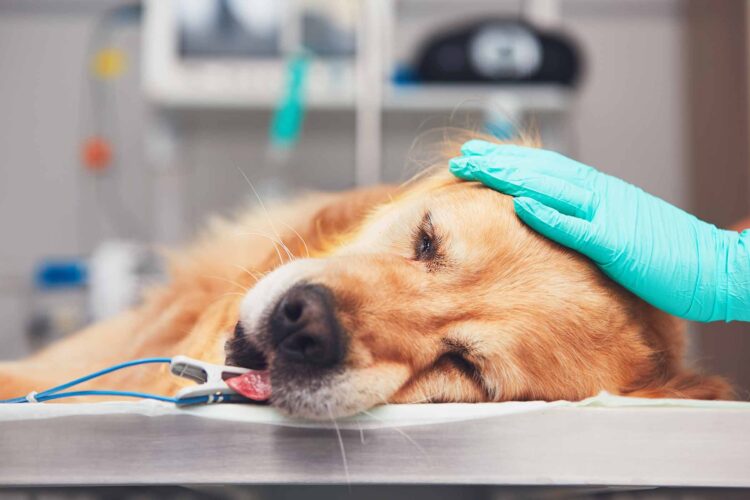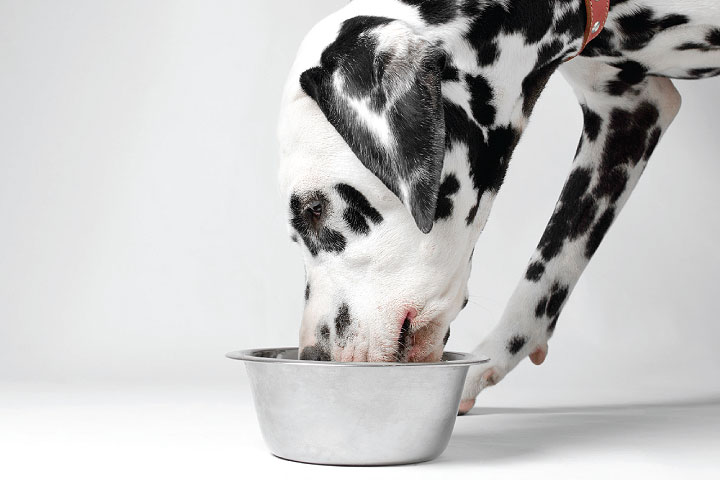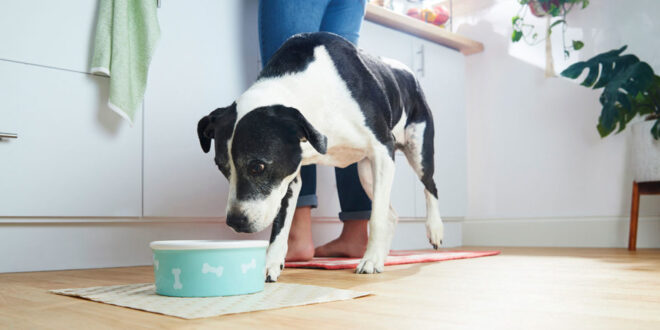While the thought of your dog getting sick is uncomfortable, you must pay attention to the specific signs and messages your dog is trying to convey. And of course – to respond in time!
The Difference Between Tumour And Cancer

Cancer is one of the leading causes of death for dogs and cats. Every second dog and every third cat, especially in old age, are susceptible to developing tumors or cancer. A tumor is usually considered to be an oncologic change of a benign nature, without metastasis and precisely defined edges relative to healthy tissue. Cancer is considered to be any malignant oncologic change that produces metastases and can spread to other organs and tissues. It has no clearly defined boundaries relative to healthy surrounding tissue or rather permeates it – making it more difficult to treat. Therefore, the prognosis of this type of disease is worse and more uncertain.
Causes Of Cancer
Numerous studies on this topic have identified possible causes of cancer. Of course, each oncological disease is individual. It is created by a combination of various factors. The symptoms are often different and initially hidden. The most common causes of cancerous and tumor changes in dogs are a genetic predisposition, viral diseases, inadequate nutrition with insufficient nutrients, exposure to certain chemicals, radioactivity and UV radiation. Causes of the disease also include poor immunity, hormonal disorders, obesity, old age and exposure to tobacco smoke.
Symptoms

Symptoms of cancerous diseases are various and depend on the type of disease, location, and type of tissue affected. Also, these signs may indicate some other diseases too. Therefore, good observation and the implementation of multiple diagnostic procedures can determine whether some change is oncologic or not. Some of the most common indications of an oncologic change are weight loss, fatigue, confusion, chronic pain, swelling, wounds that are difficult to heal, unexplained fever, constant vomiting and diarrhea, paleness of the gums, long and persistent cough, poor blood count, hormonal imbalance, etc.
Nutrition For Dogs Suffering From Cancer

Different kinds of treatment can be used in fighting canine cancer. It all depends on the type of cancer and the dog state in general. However, some things are common to all cancer patients. They need a specialized diet regimen. If you want the best chance for a good outcome, you should give your pet a firm base to fight the disease. For dogs who are sick, eating discipline is crucial. First, you must try to restore your dog’s immunity. You’ll do it appropriately by taking a combination of nutrients that will help your dog fight the disease. As suggested by DogCancer.com, fresh foods will help remove the factors that have helped the development of cancer. Also, numerous plants and herbal-based food can be quite helpful since they slow down the growth of malign cells and recover the immune system.
You Can Control Your Dog’s Nutrition

Nutrition is one of those things you can control easily. Good nutrition will make a huge difference in your dog’s cancer treatment outcome. One of the most important rules in nutrition is – beware of cereals! Dogs have not evolved as a cereal-eating species. Many dog foods contain cereals – mostly corn, rice, and wheat. But, the nature of a dog is different. Dogs evolved primarily as carnivores with a DNA very similar to wolves. They can’t digest such food well since their bodies can’t produce the necessary digestive enzymes. Therefore, you must be careful. Make sure your dog gets enough meat. As for those with cancer, feel free to give them fish, eggs, cheese, and meat. It is good if the food also has a higher percentage of fat. Many vets uphold dieting with raw foods, while some others insist on food being cooked. That is not so important, but the number of proteins and animal fat in the food is. Don’t forget that our pets once were carnivores. Therefore, it is best to serve them with the food on which they have evolved.
Prevention
Changing lifestyle means better and healthier nutrition, staying in the fresh air, increasing physical activity, weight loss, keeping your pet from exposure to tobacco smoke and direct sunlight, vaccinations, and preventative sterilization. Half of all gland changes in dogs are malignant and aggressive, so the importance of sterilization can be of great importance.
 Hi Boox Popular Magazine 2025
Hi Boox Popular Magazine 2025



